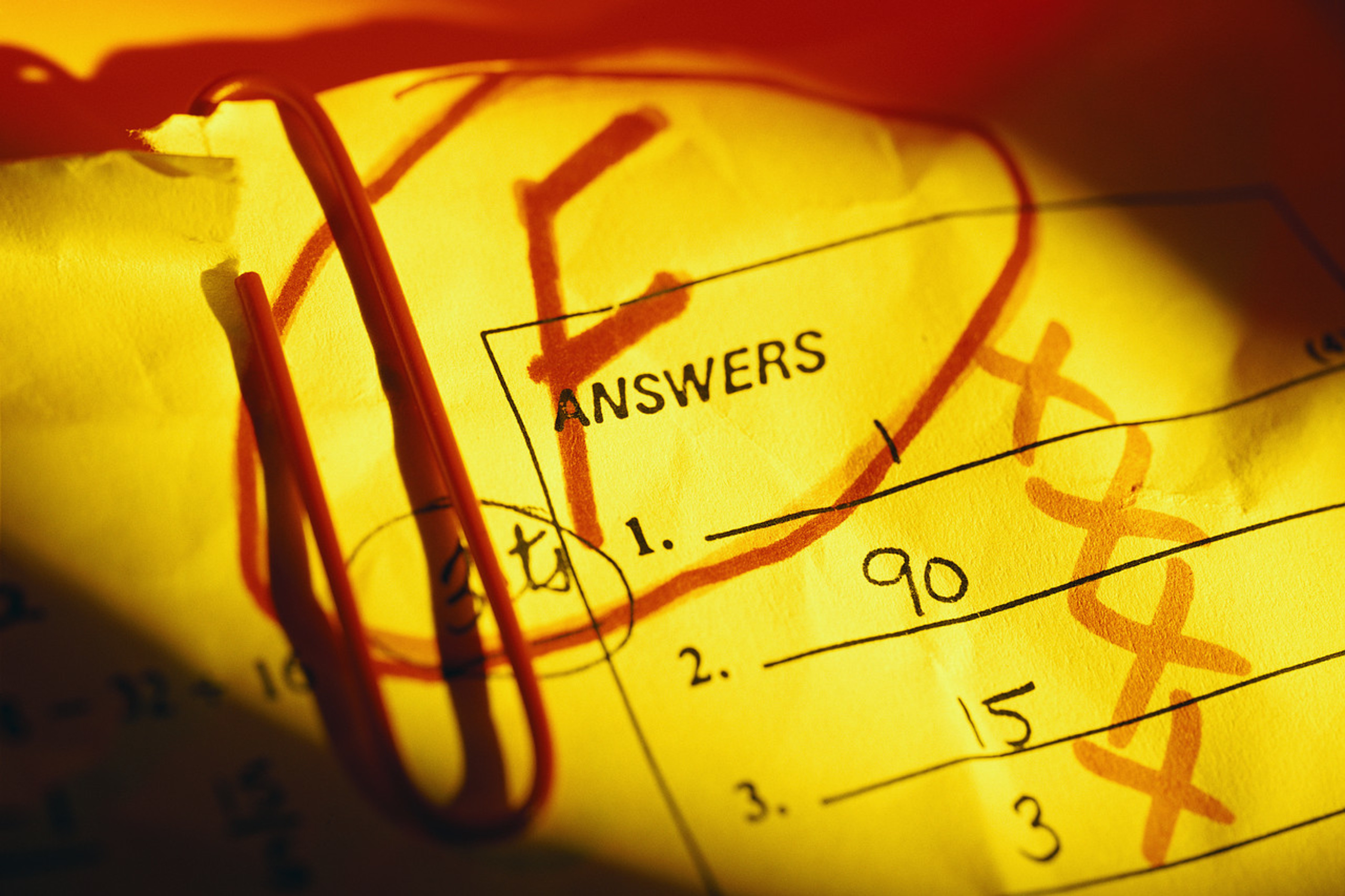Real life questions where knowing only math will fail you

Lets say you are supposed to give answer to following question:
"There are 252,200 words in Oxford English dictionary. What is the probability that for any randomly selected word a .com domain is still available for purchase"
Of course in real life the answer is close to Zero. There are many other places where I can tell you this will apply.
Another more relevant discussion is over here http://aioreference.com/denmark-kangaroo-orange-trick-mathematical-vs-real-life-probability/
Can you tell few of them?
No vote yet
1 vote
Easy Math Editor
This discussion board is a place to discuss our Daily Challenges and the math and science related to those challenges. Explanations are more than just a solution — they should explain the steps and thinking strategies that you used to obtain the solution. Comments should further the discussion of math and science.
When posting on Brilliant:
*italics*or_italics_**bold**or__bold__paragraph 1
paragraph 2
[example link](https://brilliant.org)> This is a quote# I indented these lines # 4 spaces, and now they show # up as a code block. print "hello world"\(...\)or\[...\]to ensure proper formatting.2 \times 32^{34}a_{i-1}\frac{2}{3}\sqrt{2}\sum_{i=1}^3\sin \theta\boxed{123}Comments
Vikram, I think there is a misconception in your post Denmark Kangaroo Orange Trick & Mathematical vs Real Life Probability. The probability of selecting Denmark is equal to 41 if we assume the distribution of selecting those 4 countries is uniform but in fact, the tendency for selecting Denmark is higher than the other 3 countries. So, we cannot treat the distribution of selecting those countries is uniform. Its distribution is more likely a Poisson distribution. Similarly with kangaroo and orange, we cannot assume the distribution of selecting them is also uniform. If we assume those three selections as uniform distributions, then the selection process should be as following:
Then it is obvious the probability of selecting each 'country' is equal to 41. Similar process can be done in selecting kangaroo and orange.
But can't the probability be 1, since on every word in the dictionary, a .com domain may exist, or can be created!
Log in to reply
By available I meant "still" available for buying Anyways thanks for pointing out ambiguity now it is fixed. :)
Log in to reply
then, the answer mathematically must be zero, but to get an exact answer, we have to search through google and crosscheck every domain with the dictionary! Haha! Is there any other solution to this? Or am I right!